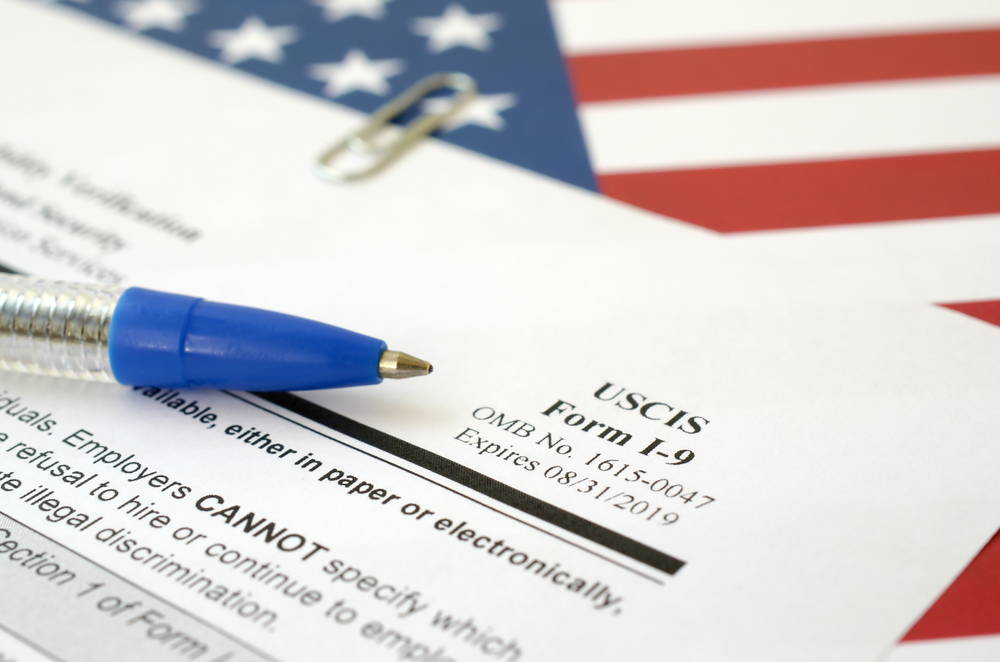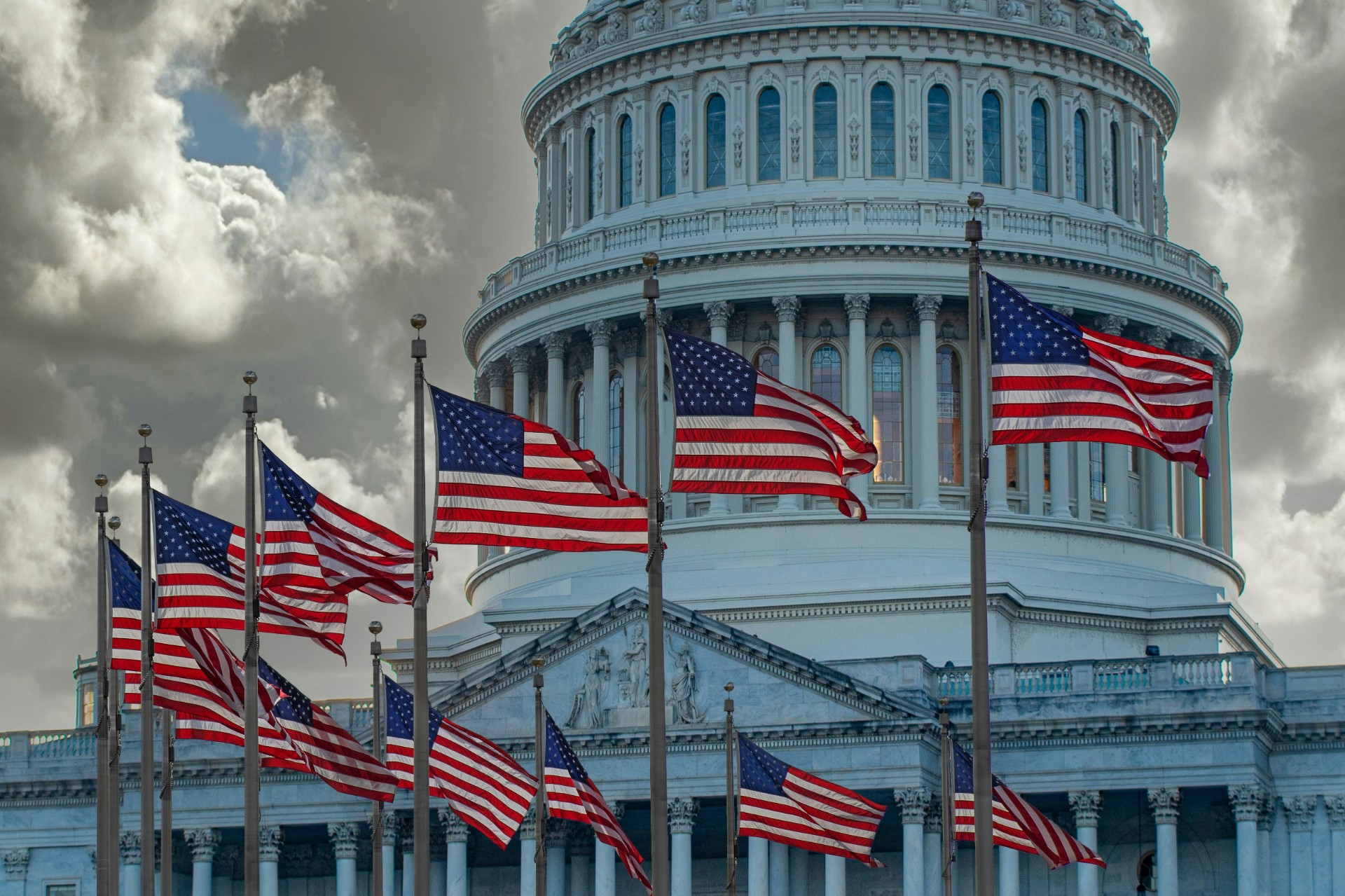The 2025 U.S. government shutdown began October 1. That same day, the E-Verify system, and several of its related tools, went offline. Since then, employers across the country have asked a simple question: how do I stay compliant when E-Verify isn’t available?
If you're responsible for onboarding, compliance, or contract delivery, here’s what you need to know and what steps to take today.

Understanding the 2025 E-Verify Suspension
The shutdown came from a government funding lapse. As a result, several systems managed by U.S. Citizenship and Immigration Services (USCIS) are currently unavailable, including:
- E-Verify
- myE-Verify
- Self Check
- Tentative Nonconfirmation (TNC) tools
- E-Verify support channels
These tools will remain down until Congress passes a new appropriations bill. Past shutdowns have lasted as few as 3 days or stretched over 35. But here’s the key: while the technology is down, your legal obligations are not.
What Employers Can and Must Still Do Without E-Verify
I-9 Completion Is Still Required
Even while E-Verify is offline, employers must still complete Form I-9 for every new hire within three business days of their start date. They should also:
- Continue the process without delay; E-Verify downtime is not a valid reason to postpone I-9 completion.
- Maintain all I-9 Forms, whether in digital or physical form.
Failing to comply could open your company to fines, no matter the system's status.
Learn how I-9 audits can prevent costly errors.
Don’t Take Action Based on E-Verify Delays
If employees started work shortly before the shutdown and their E-Verify cases weren’t submitted, or if they’re in Tentative Nonconfirmation (TNC) status, do not take adverse action.
Avoid:
- Delaying payroll
- Rescinding job offers
- Removing employees from schedules
Treat all employees equally until E-Verify is back online. Any different treatment could lead to claims of discrimination. Background on EAD revocations and how they interact with E-Verify.

Adjusting Hiring Workflows Without E-Verify
Hiring can continue, but you’ll need to track and prep differently during the suspension.
Track All Hires Separately
Start a shutdown-specific hiring log that includes:
- Employee name and position
- Start date
- I-9 completion date
- E-Verify submission status (and reason for delay)
Keep any communications with the employee about the situation. This documentation can protect you if your files are reviewed later.
Prepare for the Backlog
You’ll be expected to submit E-Verify cases retroactively for hires made during the outage. When the system returns:
- Start with the oldest hires
- Document the reason for the delay (E-Verify was offline)
- Follow official USCIS guidance when available
For example, if Maria was hired on October 2, her Form I-9 must already be on file. Once systems are live again, create her case immediately and document the submission date and reason for the delay.
Read how human oversight can strengthen your background and hiring checks.
Communicate With Employees
Employees are likely confused or concerned about E-Verify delays. Address it head-on with neutral, reassuring messaging:
“We’re temporarily unable to complete your E-Verify verification due to a federal government shutdown. This does not affect your job, pay, or start date. We’ll finalize your case as soon as systems are restored.”
Simple, clear updates can build trust and reduce anxiety.
Special Instructions for Federal Contractors
If your company uses E-Verify as a condition of a federal contract, things may be more complex.
Here’s what we recommend:
- Contact your Contracting Officer (CO) right away
- Ask whether your contract allows procedural delays
- Share a written summary of hires and your compliance plan
Keep in mind, contract requirements might not change just because the national tool is offline.

KRESS Recommendations for Staying Compliant
Here’s what we suggest:
- Review Form I-9 files weekly for any errors or omissions
- Assign two reviewers per I-9 (one from HR, one from Legal or Compliance)
- Train HR team members on Form I-9 accuracy
- Schedule a quick check-in with your background screening provider
Summary Table – What’s Affected and What’s Not
| Area | Status During Shutdown |
|---|---|
| E-Verify Case Submission | Unavailable |
| TNC Resolution | Paused |
| Form I-9 Processing | Required within three business days |
| E-Verify Enrollments | Unavailable |
| myE-Verify & Self Check | Offline |
| Federal Contract Requirements | Follow directives from your CO |
Stay Informed and Reduce Risk
While we can’t predict when E-Verify will return, you can set up reliable internal processes now.
- Subscribe to USCIS E-Verify alerts
- Bookmark the KRESS blog for compliance updates
- Assign an E-Verify status point person in your HR or compliance team
- Update your internal hiring manuals to account for system downtime
FAQs
What happens if I can’t run E-Verify during the shutdown?
You’re not at fault. The system is offline. Submit delayed cases when it comes back, and make sure I-9s are complete.
Do I still need to complete Form I-9?
Yes. It’s required under federal law, not connected to E-Verify availability.
Can I take action against someone in TNC status?
No. Keep them in interim employment until the case resumes. Don’t fire, suspend, or delay their pay.
What should federal contractors do?
Contact your Contracting Officer. They’ll tell you how to document delays or adjust timeframes.
When will E-Verify come back online?
No set date. It depends on when Congress passes a funding bill.
Can I still hire?
Yes. Just be cautious—complete I-9s, track hiring activity, and prepare to submit delayed E-Verify cases when systems return.
Need Help With Compliance?
Stressed about tracking I-9s? Behind on E-Verify? We’re helping HR teams manage shutdown disruptions, audit plans, and onboarding delays every day.
Talk with KRESS to schedule a screening review or compliance audit consultation. Let’s get ahead of the backlog while everyone else is waiting.
If you're navigating this shutdown solo, you don’t have to be.









